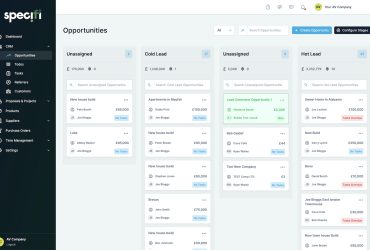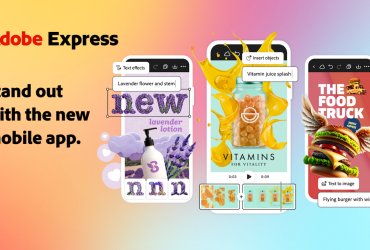If you aren’t “into” NFTs, you are probably tired of hearing about them. You’re also probably secretly confused about what the heck they are and what purpose they serve. The mere mention of an NFT might spark a comment like “kids today” (insert eyeroll here) or “what a waste.” But NFTs are presumably here to stay, so it’s in your best interest to, if not participate with them, at least have a general understanding of them. What’s more, you might actually realize that there are business opportunities with NFTs from a retail perspective.
NFTs Explained
To put it simply, NFTs, which stands for Non-fungible tokens, are essentially digital pieces of art, like a drawing, a meme, a piece of music, a video, a coupon, a certificate – anything that expresses creativity. People collect them, much like they might collect physical art, trading cards, action figures, or even vinyl records, and hold bragging rights for owning one. The reason it’s such a big deal if you own one is that every NFT is unique. Technically, an NFT image could easily be copied just like a digital photo through a simple right-click and copy/paste, just as I have done here below. But with NFTs, there’s a complex system that verifies the authenticity and the real owner, no matter what path the file takes.
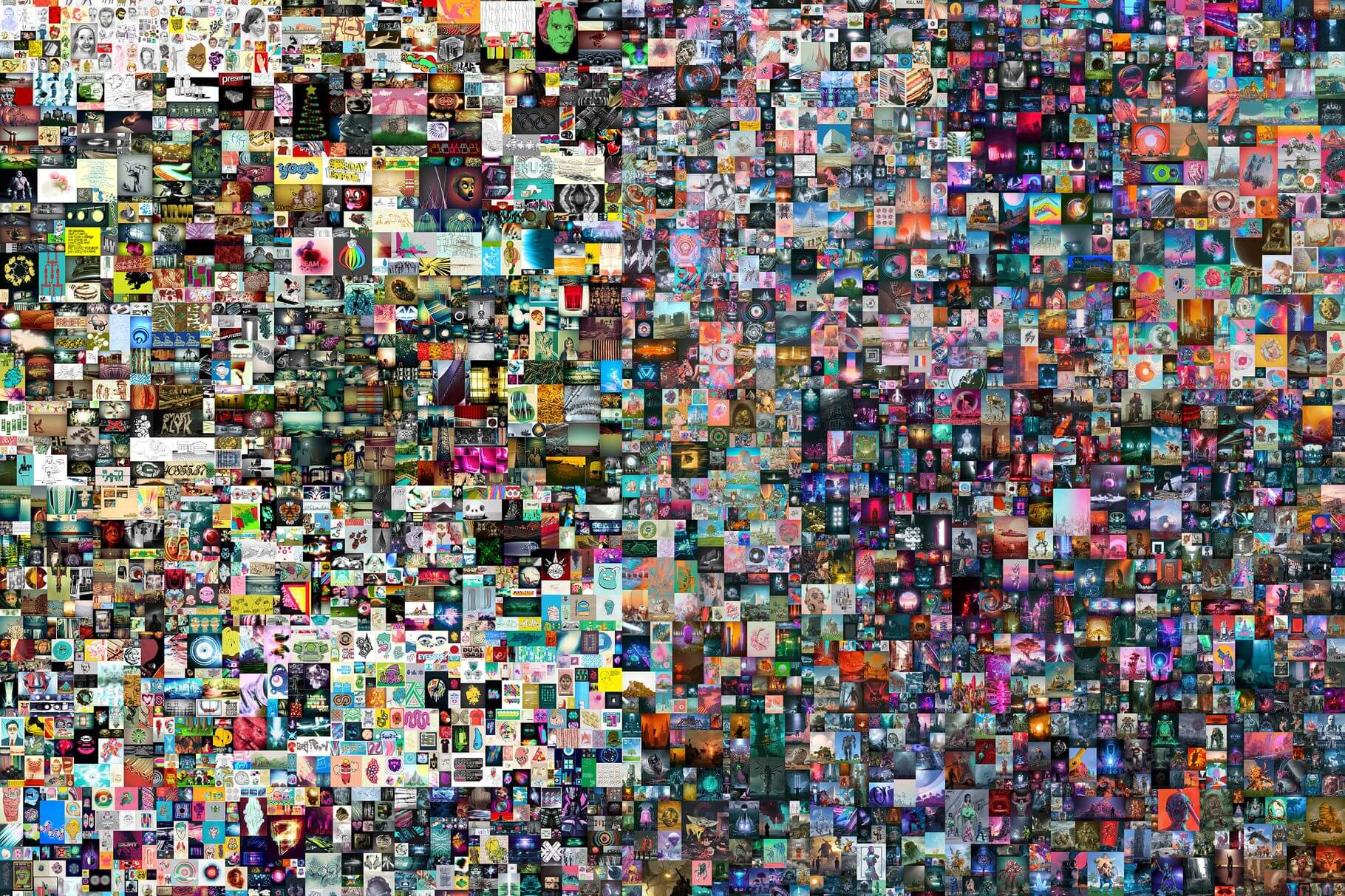
This verification and authentication occurs via the blockchain, similar to bitcoins. Once you purchase and store an NFT in your digital wallet, it’s yours. Others can take copies of it, but you are the owner within the digital universe. And yes, NFTs are bought and sold for real money, sometimes millions. Michael Winkelman, for example, also known within the NFT community as Beeple, sold his NFT called “The First 5000 Days” for US$69 million.
Some people want to own an NFT for simple bragging rights, or to add to a collection. It might sound silly, but have you ever dropped an exorbitant amount of money for a limited-edition product of some kind, be it a speaker, pair of sneakers, unique relic, or other item simply because you wanted to be one of only a few to own it? Owning NFTs is the same, except they exist entirely in the digital space.
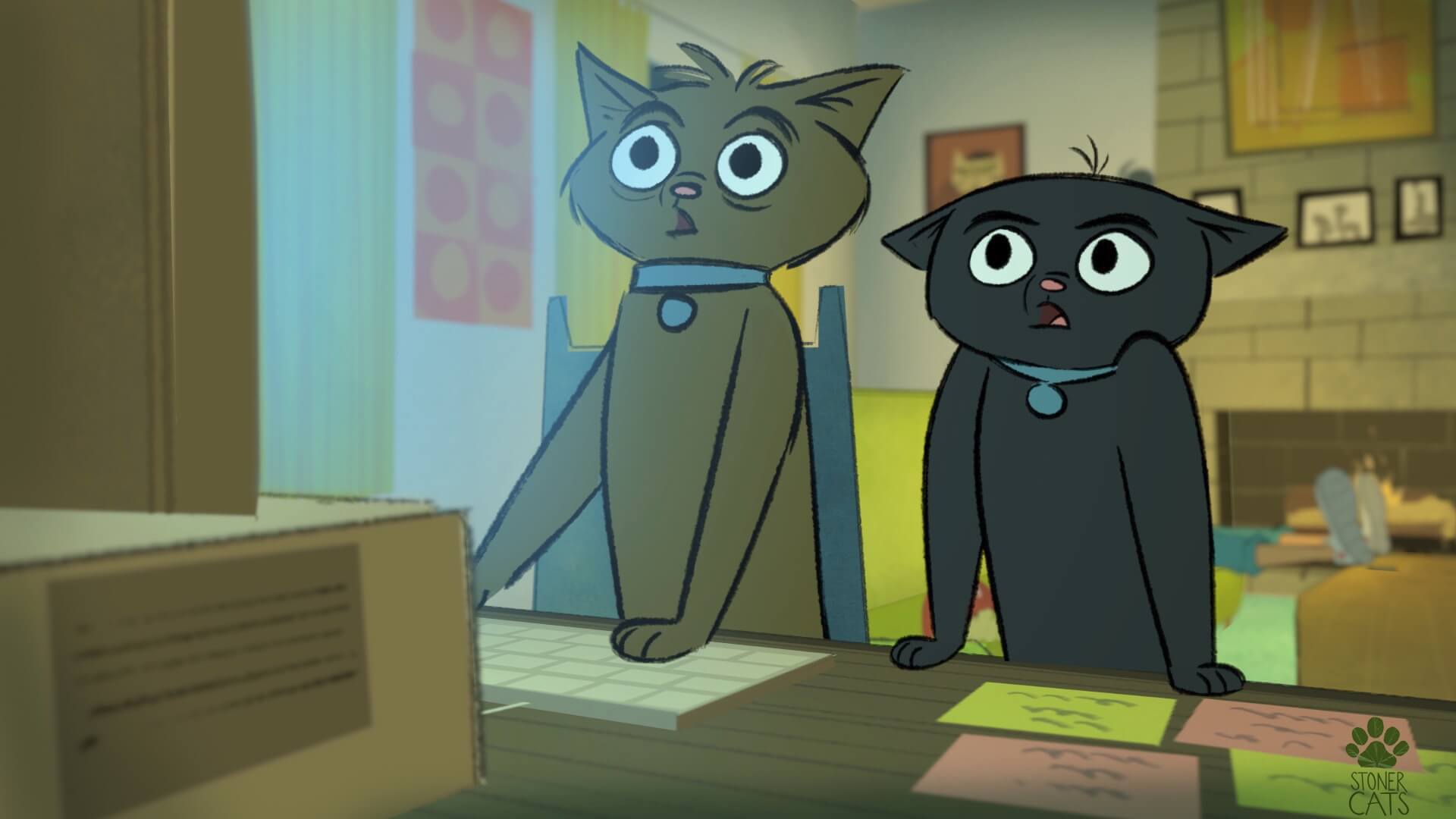
But NFTs can also be used in the digital business space beyond just being part of a hobbyist collector’s treasure trove. For example, to watch a new online animated series called Stoner Cats, which stars Mila Kunis, Chris Rock, and Jane Fonda, you must first purchase a special NFT to gain access. On the other end of the spectrum, MIT is using NFTs to create digital diplomas. Why? The technology allows for authentication and verification in a way that is trusted and secure.
How Can a Retailer Use NFTs?
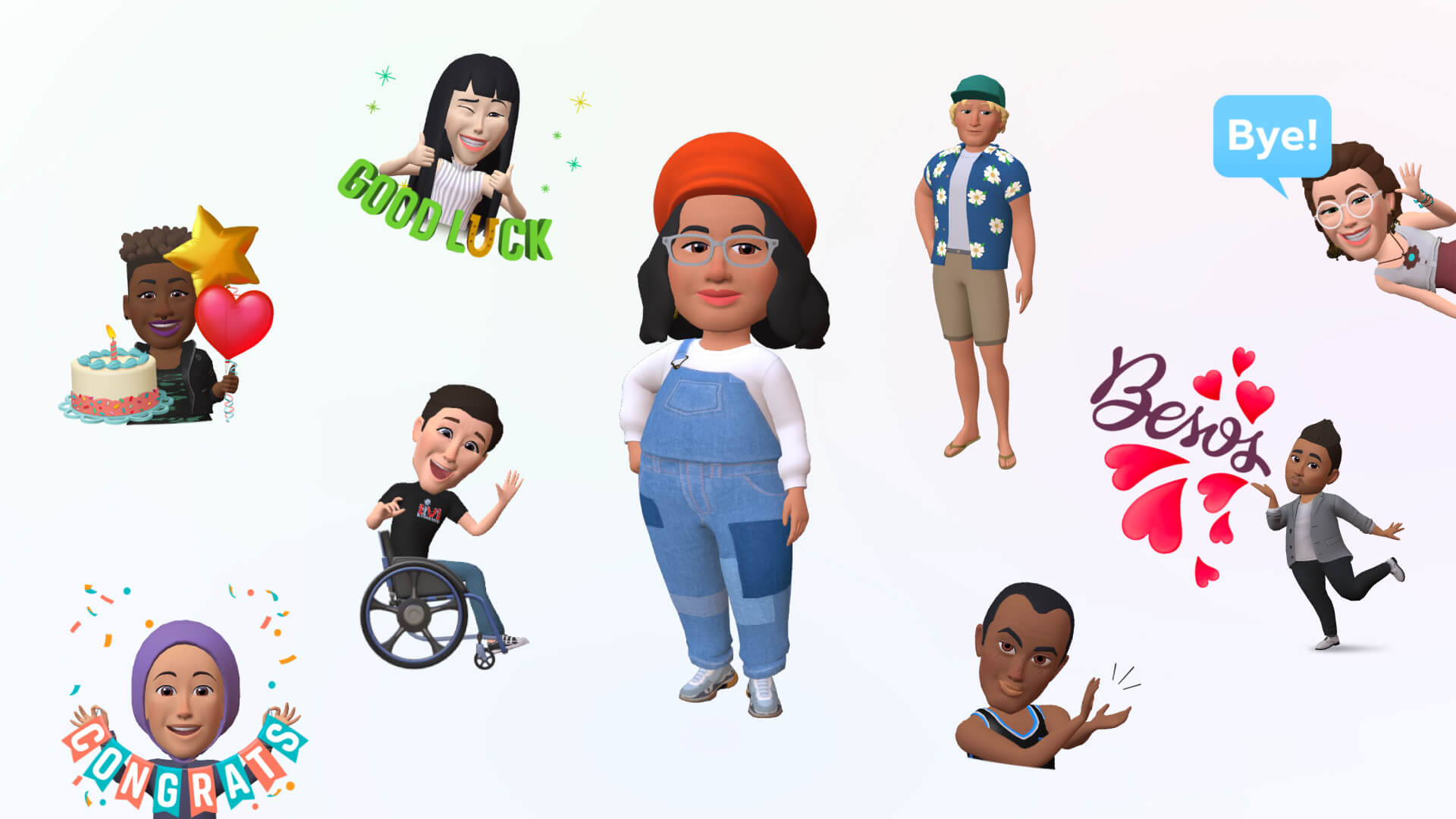
There are many ways NFTs can be used within a retail business. Using them in the first place will instantly attract a younger, hipper audience by presenting the business as being technologically savvy. Use them on the company website or app to unlock special videos, demos, savings, and more. Creating unique and special NFTs that fans of your brand might want to add to a collection can provide a nice supplemental source of income as well.
There’s also potential for team building among employees: hold a contest among salespeople, for example, to see who can create the best branded NFT. Have employees, or even customers, vote, and the winner gets an extra day off or some other type of reward. The NFT, meanwhile, can be sold through a blockchain like Binance Smart Chain, Tron, Tezos, or Litecoin.
NFTs can also become single-use promotions, like a coupon, special discount, or other deal. The advantage is because ownership, once again, is traceable through the blockchain and completely unique, you don’t have to worry about counterfeits.
There is also talk about NFTs becoming the new form of customer loyalty programs. Forget punch cards, scanned QR codes, or even apps. Use an NFT as a special promotion that customers can redeem in store. The best part? The promotion can be completely unique to them and their NFT.
The same can go for special events: an NFT can be the entrance ticket. Offer a limited number of special edition NFTs for an early hours sale, special deal, after store hours concert, or some other affiliated event, and only those who have acquired a valid one gain entry.
Which Businesses are Already Using NFTs?
Not surprisingly, some big businesses are already using NFTs or have made moves that suggest they plan to do so. According to CNBC, based on several new trademark filings, Walmart may be preparing to create its own collection of NFTs that include virtual electronics, home decorations, toys, sporting goods, and personal care products.
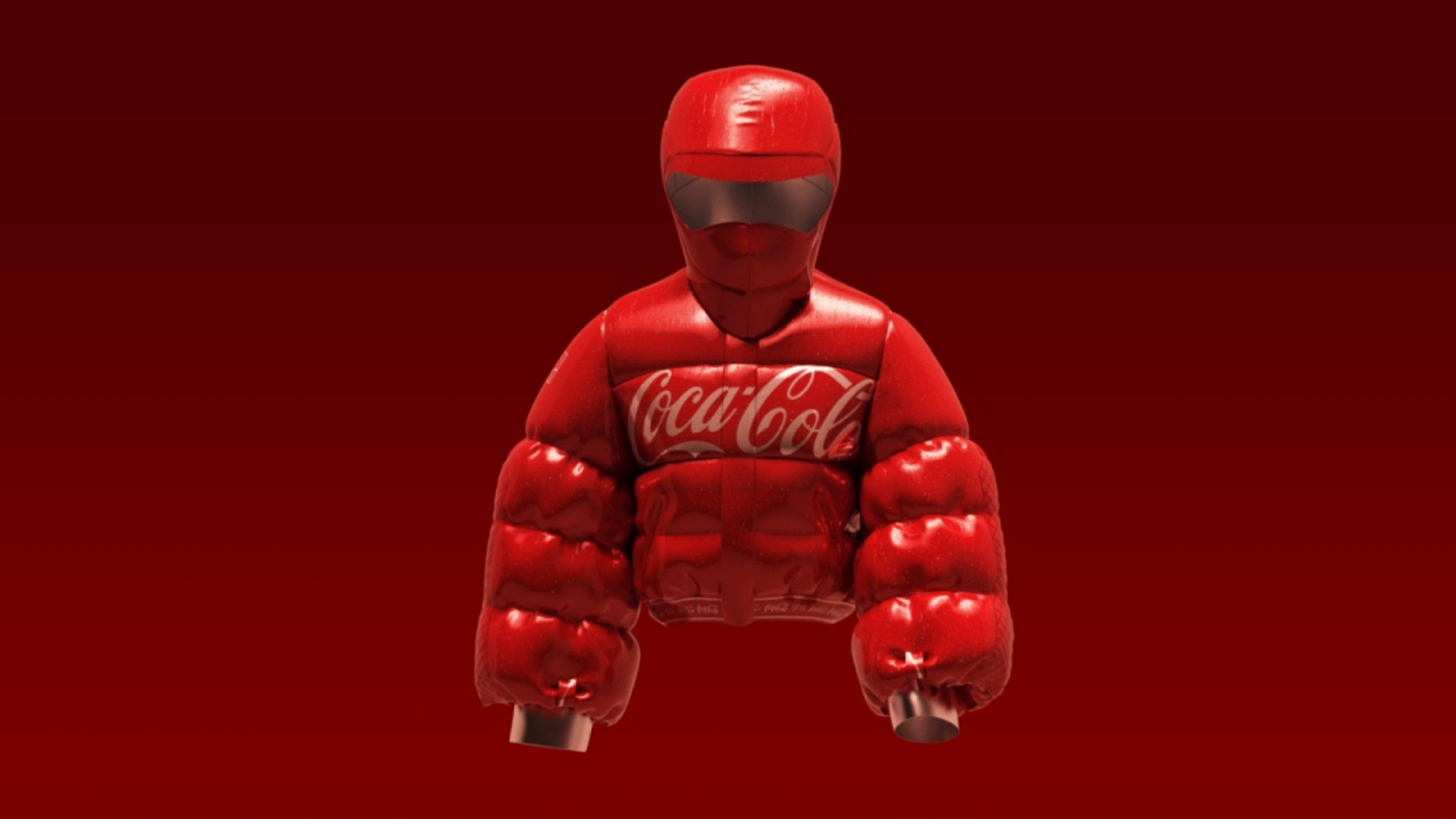
So far, however, NFTs seem more popular in businesses outside of the realm of tech, like Taco Bell, which has already released a series of GIFs and images of tacos, and Nike, which filed trademark applications to protect its swoosh and “just do it” slogan, with some speculating that the brand may have plans to launch virtual clothing. Coca-Cola has already done so, launching “loot box” collectibles, including a branded bubble jacket for 3D avatars. The company’s approach was particularly interesting for the retail community in that those who purchased a loot box collectible also received an actual Coca-Cola fridge: the company tied the virtual aspects of NFTs with a physical product sale/promotion.
With the concept of the metaverse on the horizon, people are building virtual lives that are far more complex than what has ever been created in the SIMS world. Everything from virtual designer clothing to virtual real estate is being bought and sold. But this leads to opportunity, albeit a strange one. Imagine a virtual theatre room with a 7.1 speaker system, projector, smart lighting, and a vintage turntable in the back with a collection of virtual records that you can actually use to stream unique audio clips from a local composer or musician. Or a virtual avatar wearing clothing and headphones sponsored or designed by a hifi audio brand. It sounds ridiculous in theory, but it’s happening.
From a retail perspective, it’s important to first determine if there’s actually a market in your field for NFTs, notes Reshift Media, a long-time partner of the Retail Council of Canada. “There needs to be a perceived social value associated with it,” they note. For brands that carry a sense of prestige or “street cred” among customers, albeit younger, more tech-savvy ones who are into NFTs, there could be opportunities.
NFTs Are Worth Looking At
Think of NFTs in this way: you probably had a dollhouse when you were a kid, or maybe a favorite set of action figures. Every time you got a new addition for it, whether it be a car, outfit, sword, helmet, pet, or other accessory, you squealed with delight. Even now as an adult, you might have a collection of Funko Pop! figures, rare baseball or hockey cards, postcards, stamps, miniature spoons, magnets, that you treasure. The concept behind NFTs is nothing new. It has just now gone digital.
The fact that NFTs exist entirely in a digital world is precisely what a lot of people have trouble wrapping their heads around. But as a company, with a bit of creative effort, why not create and sell a virtual piece of AV equipment, tech accessory, skin, or customized product, like a laptop or pair of virtual headphones? As a retailer, maybe it’s a virtual storefront, or even simply swag. It can be a fun and unique way to boost your bottom line and diversify the business, particularly if there’s a market for it.
You’ll probably need a bit of help getting familiar with NFTs. There are plenty of websites that offer assistance for those just getting started, like CoinDesk and OpenSea.
Sure, NFTs could be a passing fad. But they might also become the next website/e-commerce/social media trend that, if ignored, could leave businesses who didn’t jump on the bandwagon behind.
“As technology advances and we get closer to entering deeper virtual worlds,” says Reshift, “brands that are not somehow involved in this space may miss out on an incredible opportunity to reach customers in new and unique ways.”
Are you familiar with NFTs? Share your thoughts with us – we’d love to hear them!
Top Photo by Pawel Czerwinski on Unsplash







